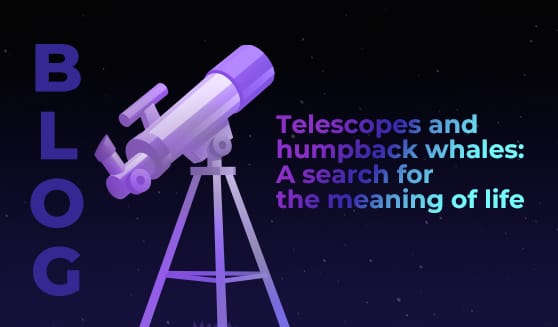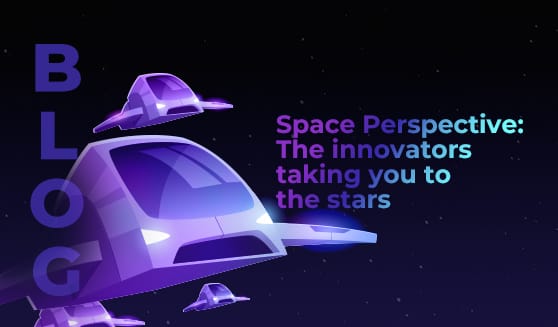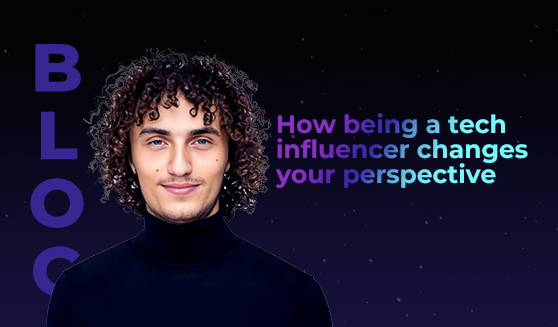
At #LEAP23, Isabelle Kumar (News Anchor and Presenter) asked Steven Bartlett (Founder of Social Chain, Podcaster, and TV Personality) this question: “how do you feel about uncertainty?”
“I accept it to be the nature of life,” he replied, “I accept that uncertainty is a state of being we’ll always all be in.”
And this (perhaps seemingly inconsequential) exchange can more or less sum up Bartlett’s approach to business and life. Uncertainty is good; moving towards uncertainty is good. Certainty, on the other hand, is associated with comfort – and it’s when you get too comfortable that you risk being left behind.
Why should you aim to out-fail your competitors?
Bartlett was talking about finding the next big thing in business – and what makes one person more likely than the next to build a thriving new business. Conventional business strategy tends to emphasise the power of planning; of looking ahead, building your five or ten-year plan, and knowing exactly where you’re going next. But as the world (and the tech industry) changes faster and faster, the next five years could hold possibilities and opportunities that we can’t currently imagine. And long-term planning has never been a part of Bartlett’s process.
“It’s interesting,” he said, “because there’s a narrative that often makes people believe that people like myself have their lives planned out, and I’ve just never been able to relate to that at all. I’ve never in my life had a plan, per se. And in hindsight, that’s a really important strategy for a number of reasons — especially when we consider that the pace of change is increasing year by year, so a plan can actually act against you because it restricts you in terms of your ability to respond to change.”
“That’s very much central to my philosophy in life. To be able to respond to whatever opportunity presents itself today, and to be agile, and to move very quickly, and to out-fail your competition.”
By ‘out-failing’ the competition, Bartlett essentially means you should be experimenting quickly, trying things out, and discarding the strategies that don’t work just as quickly as you implement something new to replace them.
“Let’s say you’re trying to market this bottle of water,” he said, holding up a glass bottle on the keynote stage. “Your job is to advertise it. In February 2023 no one has ever had the job of marketing this bottle of water ever before. So you have a few approaches to learn about how to market this.”
“One approach is to go and read some books; Google some things.” But the information you’re reading, he pointed out, might already be out-of-date. “In a world where things are changing so quickly, the correct answer is going to be found by those that are experimenting faster than their competition. Because experiment equals failure, failure equals feedback.”
To stay at the forefront, then (and Bartlett applies this to every facet of life, not just business), experimenting – and doing it fast – is the key to success.
But is experimentation only available to the brave?
When Kumar pointed out that this evidently involves a lot of risk, and so must require bravery, Bartlett didn’t exactly agree. And the reason he didn’t agree is because of his perspective on uncertainty.
“I think the risk is allowing uncertainty to force you to be intimidated into procrastination via worrying about the future. I think on a personal level, staying in a certain miserable situation is much worse than the uncertainty you encounter if you go in search of a better situation. And comfort’s almost the opposite of uncertainty. I think comfort in many respects can be a huge curse, both in business but personally as well.”
“In my view,” he added, “taking no risk is the biggest risk.”
Why?
“Because we all know, no matter what business or profession you’re in, there is a bulldozer behind you right now. It’s behind me. It’s the bulldozer of innovation, and it’s steaming towards your profession, whatever you do right now. And if you stay there it’s going to get you.”
This feels particularly true at this moment in time when everyone is talking about generative AI. Creative industries are having their foundations shaken by AI art generators and ChatGPT. According to the World Economic Forum, an estimated 85 million jobs will be displaced by automation by 2025; and research by PwC found that 37% of workers worry they’ll lose their job because of automation. On the bright side, the World Economic Forum also estimates that AI will create 97 million new jobs by 2025. But to be one of the people who benefits from those new opportunities, you’ve got to be willing and able to adapt.
“At some point the bulldozer will reach where you’re currently standing,” Bartlett said. “It’ll disrupt the way you conduct your business. You have to change. And your relationship with change — or specifically your relationship with quitting a comfortable situation — does seem to be a defining thing when you look back on your life.”
In light of that perspective, then, experimentation and failure isn’t the brave thing to do. It’s the safer option: a route to discovering and rediscovering how your work, your business, or your product can adapt to a rapidly changing tech ecosystem. So if your goal is to be the one that discovers the next big thing, or builds a thriving business off the back of it? Aim to fail first.








